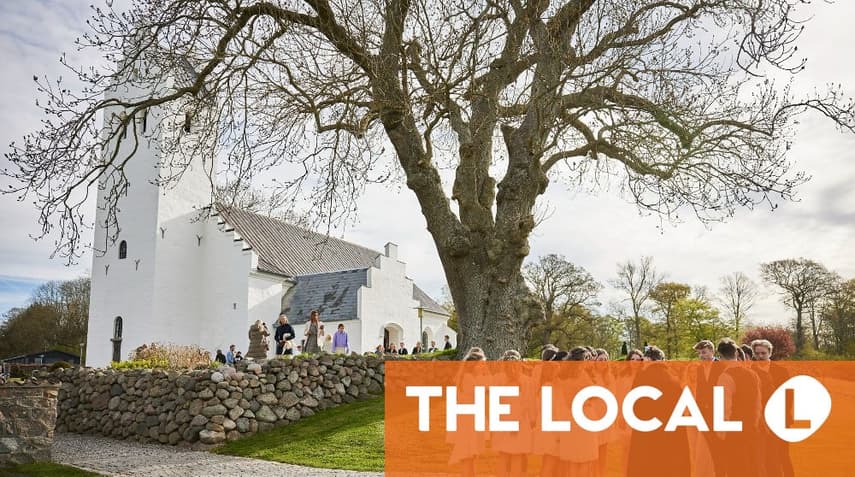
The Great Prayer Day, a longstanding tradition in Denmark dating back to the 17th century, faced controversy in 2023 when the coalition government made the decision to abolish it as a public holiday. This year marks the first time since the 1600s that the nation will forego a day of rest on the fourth Sunday after Easter. Despite this change, many are determined to uphold the significance of this day.
Folkekirken.dk, the official website of the Church of Denmark, has taken the initiative to organize over 100 events dedicated to the Great Prayer Day across the country on Friday, April 26th. Listed on their church calendar, these events offer alternative, concise religious services at various locations, often including meditation, music, or candle-lighting rituals.
Nørremarkskirken in Jutland’s town of Vejle is one such example, hosting an evening service the day before Great Prayer Day, accompanied by a traditional feast of *hveder*—cardamom-infused wheat buns generously topped with butter and jam. Tove Bjørn Jensen, the church priest, commented to Ritzau that those commemorating this day are reconnecting with its roots, emphasizing penance and prayer rather than the confirmations for which it had become known.
Denmark’s King Christian V first instituted the Great Prayer Day during the late 17th century as an “extraordinary normal prayer day.” This holiday consolidated various religious observances that dated back to pre-Reformation times—such as spring and harvest celebrations, along with Christmas-time festivities—into a singular event.
In its earliest iterations, the Great Prayer Day carried stricter expectations; inns and cellars were mandated to cease serving beverages when church bells rang at 6:00 p.m. on the eve of the holiday. Attendance at sober church services the following day was mandatory, accompanied by fasting until those services concluded.
More recently, as referenced by Jensen, the Great Prayer Day often coincided with konfirmation, a Lutheran tradition where young teenagers affirm their belief in God and marks a rite of passage into adulthood. While confirmations are not inherently tied to this specific holiday, they have frequently been scheduled on or around this day; many will now likely shift to the subsequent Saturday due to the change in holiday status.
Despite the shift away from its public holiday status, approximately 75 churches across Denmark have chosen to hold confirmation services on April 26th, according to Folkekirken.dk. Tove Bjørn Jensen maintains that observing this day remains significant, regardless of the absence of a designated holiday, as prayer is intrinsic to Christianity and merits special attention through dedicated church services.
